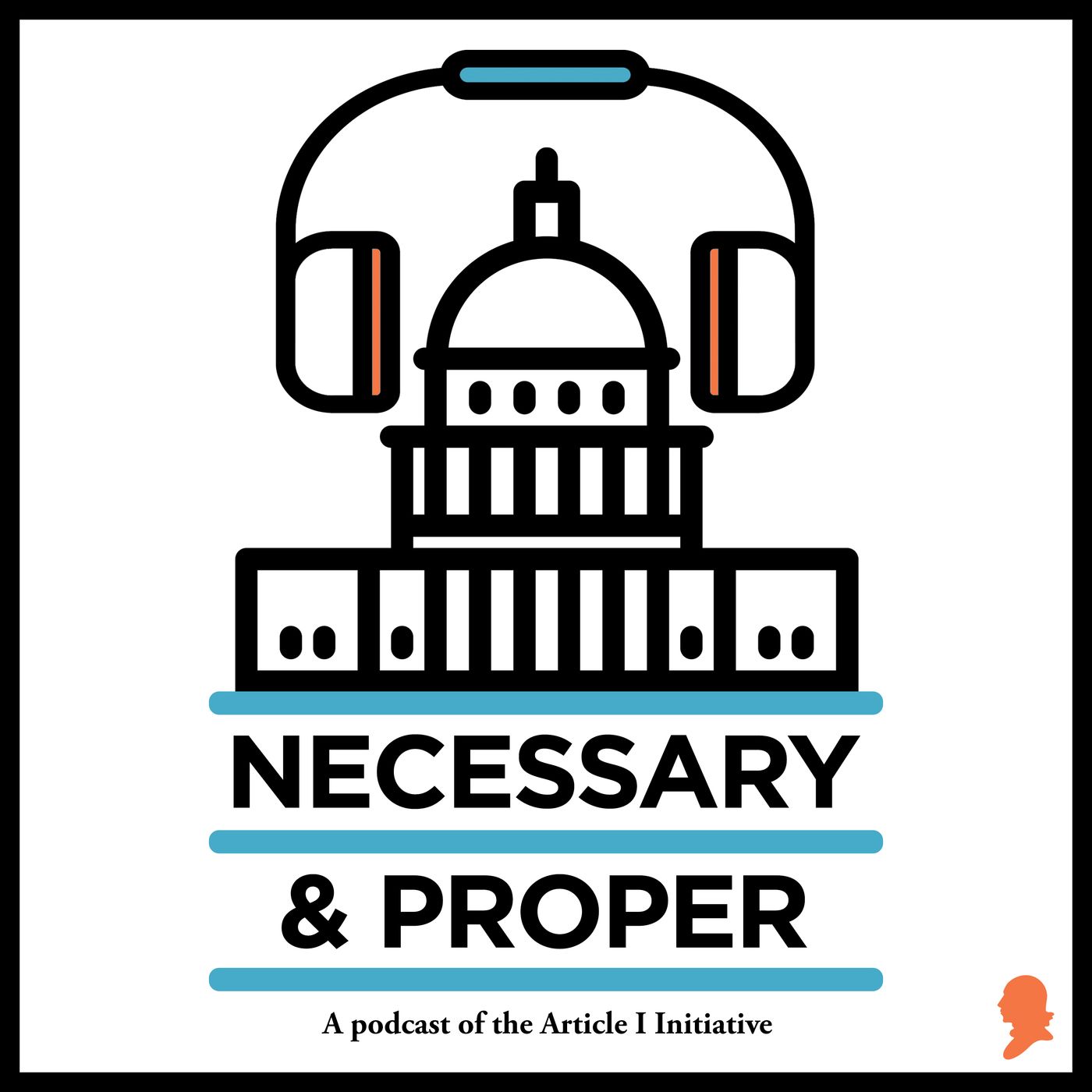Necessary & Proper Episode 68: H.R. 1, the For the People Act, Explained
Description
The For the People Act was introduced in the House of Representatives in 2019 as H.R. 1, the symbolic designation marking it as the top priority of the new Democratic House majority. Described by its author, Representative John Sarbanes, as addressing "voter access, election integrity and security, campaign finance, and ethics for the three branches of government," the 570 page bill passed the House later that year, but was never voted on in the Republican-controlled Senate.
The measure was reintroduced in the 117th Congress as H.R. 1 in the House and S. 1 in the Senate, but with still more provisions expanding it to over 800 pages. Proponents supporting passage have cited the importance of expanding voter access and fighting "voter suppression." Opponents argue that the bill significantly restricts free speech by changing campaign finance rules, creates the potential for widespread voter fraud by relaxing necessary voting integrity safeguards, and constitutes a federal takeover of state-run elections.
The House passed the bill on a near party-line vote (1 Democrat voted "no"), and its fate now lies with the 50-50 divided Senate. Senate Republicans can block a vote with the filibuster, and H.R. 1 has been cited frequently as a reason to abolish the filibuster. But at least one Senate Democrat, Joe Manchin of West Virginia, has stated that he will not vote for the bill in its current form, depriving the legislation--for now--of even a simple majority.
Mr. Bradley A. Smith, Chairman and Founder of the Institute for Free Speech and one of the nation's foremost experts on campaign finance law, joined the Federalist Society to discuss some of the more important provisions and implications of H.R.1/S. 1, the For the People Act.
Featuring:
- Bradley A. Smith, Chairman and Founder, Institute for Free Speech
More Episodes
The development of standing jurisprudence has been inextricably intertwined with the growth of the administrative state over the past 60 years and the bevy of new statutory rights, privileges, obligations, constraints, and interbranch dynamics that came with it. Over the past three terms, the...
Published 08/27/24
Chevron v. NRDC (1984) and subsequent precedents held that courts should defer to agency interpretations of ambiguous statutes. This “Chevron Deference” has been a topic of great debate, with many calling for it to be overturned, while others argue it is a vital part of how Courts address the...
Published 08/15/24
Published 08/15/24


